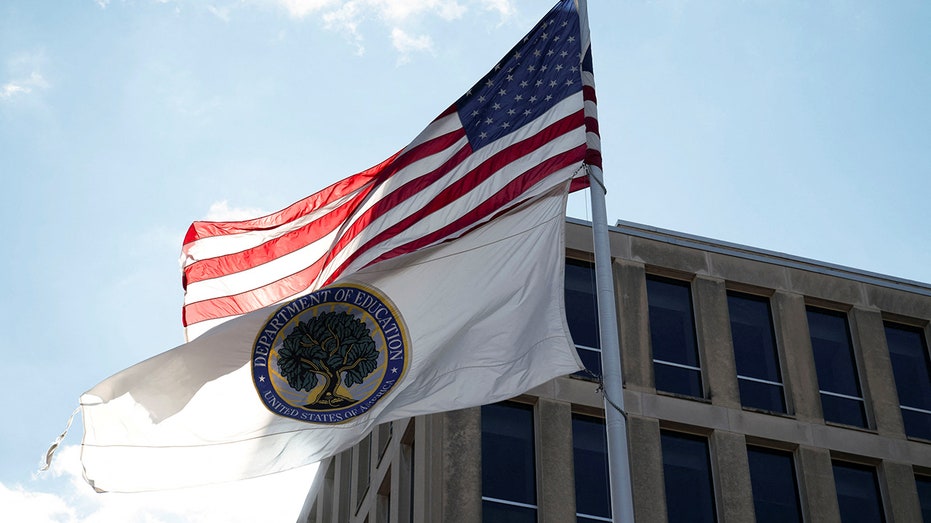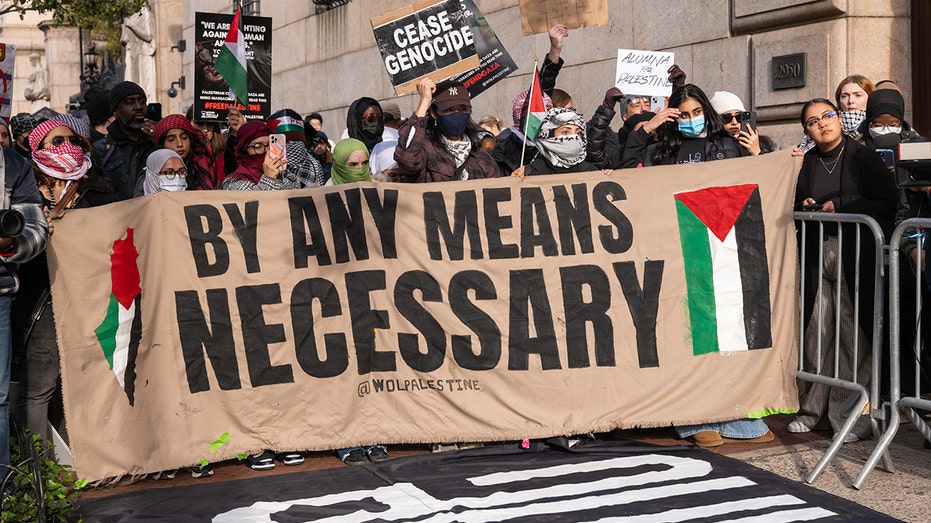Department of Education Clarifies School DEI Guidelines, Saying Black History Month Doesn't Violate Order

Sarah Johnson
March 4, 2025
Brief
The Department of Education clarified that cultural observances like Black History Month are allowed, despite new directives restricting DEI policies in schools to ensure compliance with civil rights laws.
The Department of Education has clarified that cultural observances like Black History Month are not in violation of its latest directive urging state education departments to remove diversity, equity, and inclusion (DEI) policies or face potential cuts to federal funding.
This clarification comes on the heels of a letter sent by the Department of Education's Office for Civil Rights to all 50 state education departments in mid-February. The letter outlined a February 28 deadline for compliance with the order, which emphasized that policies and programs must not discriminate based on race, color, or national origin as stipulated by Title VI of the Civil Rights Act.
In the guidance, the department stated, "Schools may not operate policies or programs under any name that treat students differently based on race, engage in racial stereotyping, or create hostile environments for students of particular races." However, it also noted that events like Black History Month, International Holocaust Remembrance Day, and similar cultural and historical observances are permissible as long as they are inclusive and do not engage in racial exclusion or discrimination.
Addressing concerns about terminology, the department clarified, "Whether a policy or program violates Title VI does not depend on the use of specific terminology such as ‘diversity,’ ‘equity,’ or ‘inclusion.’” Essentially, it’s about the actions, not just the buzzwords.
Craig Trainor, the acting assistant secretary for civil rights, took a sharper tone in his February letter, accusing educational institutions of "toxic indoctrination" by promoting what he described as a "false premise" of systemic racism in the United States. According to Trainor, such practices have been masked under the banner of DEI, allegedly embedding racial stereotypes and race-conscious policies into education systems.
His letter advised schools to ensure compliance with civil rights laws, halt any attempts to bypass race-based restrictions through indirect means, and end reliance on third-party contractors who might facilitate prohibited practices. Non-compliance, he warned, could result in the loss of federal funding.
These developments follow a series of executive orders signed by former President Donald Trump aimed at eliminating DEI programs in federal agencies and combating what he referred to as "illegal and discriminatory treatment" in K-12 schools. Since then, the Department of Education has removed DEI references from official documents and websites, placed DEI initiative leaders on leave, and dissolved its Diversity & Inclusion Council.
So, while Black History Month and similar initiatives remain safe, the broader crackdown on DEI policies signals a major shift in how the federal government approaches education and equity. Whether this fosters fairness or creates new challenges remains the million-dollar question.
Topics
Editor's Comments
Is it just me, or does this feel like a strangely fine line to walk? On one hand, cultural observances are acceptable; on the other, the broader DEI framework is being labeled as 'toxic indoctrination.' It’s almost like saying, 'You can talk about history, but don’t analyze it too much.' Something about this feels a bit performative to me.
Like this article? Share it with your friends!
If you find this article interesting, feel free to share it with your friends!
Thank you for your support! Sharing is the greatest encouragement for us.



